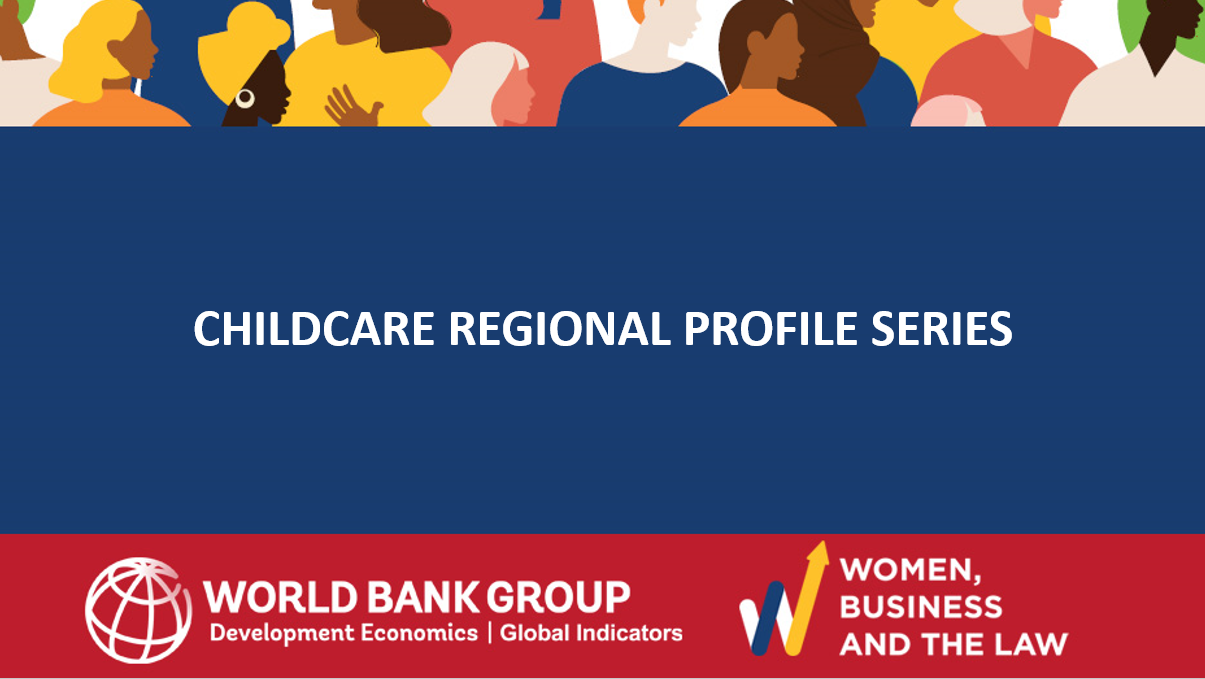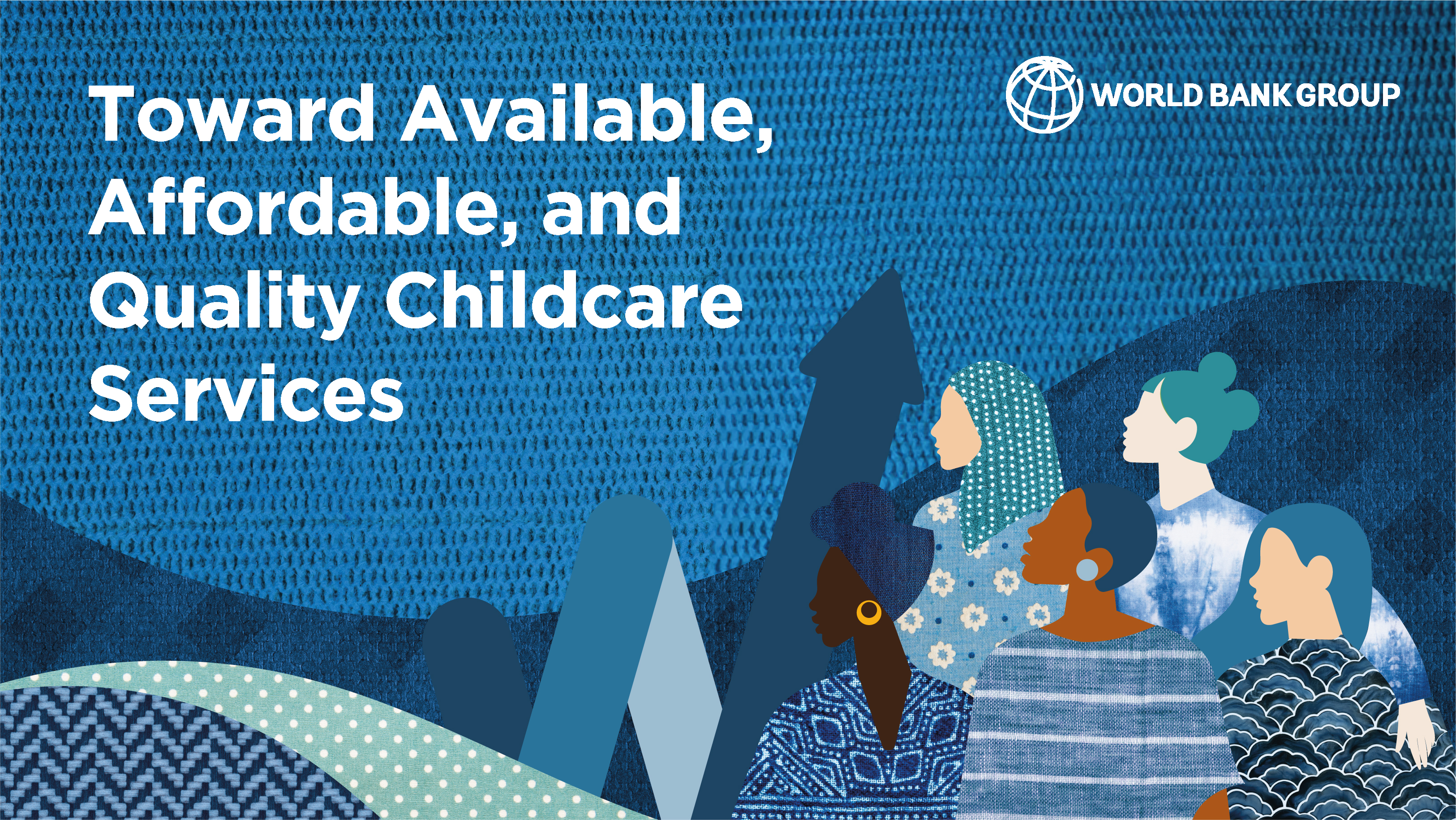Expanding WBL’s research on childcare to 190 economies
Building on evidence and pilot data collected and analyzed since 2021, Women, Business and the Law expanded its data set on the availability, public finance, and quality of childcare services to 190 economies and presents a fully-fledged stand-alone indicator on childcare.
The new Childcare indicator assesses the legal frameworks governing the provision of childcare services for children below 3 years of age and the supportive policy frameworks for their implementation. The Childcare legal frameworks indicator focuses on the options available to parents, the allocation of public funds, and the quality of childcare services.” The Childcare supportive frameworks indicator examines financial support application procedures for both parents and nonstate childcare providers, registries and databases of childcare providers, and quality reports.
Availability of Childcare Services
The evidence regarding the positive impact of childcare availability on women’s employment is compelling and broad, both in lower- and higher-income economies. The childcare challenge for families with children below 3 years of age remains largely unaccounted for in legal frameworks. The Childcare legal frameworks indicator measures whether the law establishes the provision of childcare services in center-based settings by the government, private providers, or employers. For employers, a positive score is achieved only if employer-based services are not conditional on the number of female employees. The Childcare supportive frameworks indicator examined availability of publicly accessible registries and databases of childcare providers.
Resource: Can the law promote provision and uptake of childcare? – Blog
Resource: Filling the gaps: childcare laws for women's economic participation – Blog
Resource: Filling the Gaps: Childcare Laws for Women’s Economic Empowerment – Working Paper
Resource: Childcare regulation and women’s participation in the labor force – Blog
Finance of Childcare Services
The high cost of childcare poses challenges for both providers and parents, often compelling parents to explore alternative arrangements, such as relying on family networks, choosing not to enroll their children in formal childcare, or, ultimately, not participating in the labor market. The Childcare legal frameworks indicator also examines whether the law provides for some form of support—financial or tax—for families or childcare providers. The Childcare supportive frameworks indicator examines the availability of streamlined clear procedures for parents and providers to apply for financial support.
Resource: Government Financial Support For Childcare Services: A Study Of Regulations In 95 Economies – Policy Brief
Resource: Three ways how governments can support affordable childcare – Blog
Quality of Childcare Services
Quality is a determining factor in parental decisions to use formal childcare services. Good quality childcare also improves children’s development outcomes and leads to more promising employment prospects in the long term. The Childcare legal frameworks indicator measures whether the law establishes quality standards for the provision of childcare services in center-based settings. They would include structural quality standards (caregiver-to-child ratio or maximum group sizes), workforce quality standards, and quality assurance standards (periodic inspections by authorized bodies or periodic reporting requirements by childcare providers). The Childcare supportive frameworks indicator examines whether governments have published any reports on quality of childcare services.

